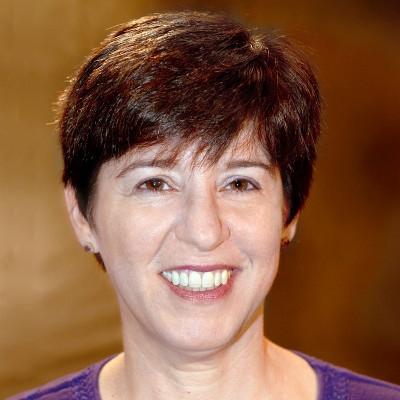Colorectal Cancer Rates Rise in Younger Adults

The rate at which people are diagnosed with colorectal cancer in the US is dropping among people 65 and older but rising in younger age groups, according to research from the American Cancer Society. In 2020, 12% of colorectal cancer cases will be diagnosed in people under 50 – about 18,000 cases. Rates have been increasing since the mid-1980s in adults ages 20-39 years and since the mid-1990s in adults ages 40-54 years, with younger age groups experiencing the steepest increase.
During the past 20 years, rates of colorectal cancer fell in people 50 and older, largely because more people were getting recommended screening tests. Screening can prevent colorectal cancer by finding and removing growths, called polyps, in the colon and rectum before they turn into cancer. It can also often find colorectal cancer early, when it's small, hasn't spread, and might be easier to treat.
When the numbers over the past 20 years are looked at more closely, some differences emerge. Among people 65 and older, this decrease continued as rates dropped by 3% per year from 2011 to 2016. But for those 50 to 64, the trend reversed, and rates rose by 1% per year from 2011 to 2016. And in people under age 50, rates rose by 2.2% per year.
Death rates for colorectal cancer also vary by age group. From 2008-2017, death rates declined by 3% per year in people 65 and older, but only went down by 0.6% in people 50 to 64. They increased by 1.3% in those younger than 50.
The findings are published in Colorectal Cancer Statistics, 2020 in CA: A Cancer Journal for Clinicians and its companion piece Colorectal Cancer Facts & Figures 2020-2022. The reports, published every 3 years, provide a detailed look at colon and rectal cancer trends and present the latest information on survival, prevention, early detection, treatment, and ongoing research.
Racial and ethnic disparities
Rates of colorectal cancer cases and deaths vary among different racial and ethnic groups. Some of the differences are due to risk factors including smoking and excess body weight as well as access to health care and colorectal cancer screening. Rates of colorectal cancer during 2012-2016 were lowest among Asian/Pacific islanders at 30 per 100,000. Rates for non-Hispanic whites were 39 per 100,000 and for Blacks they were 46 per 100,000. The highest rate was among Alaska Natives at 89 per 100,000.
Death rates followed the same trend, however the difference among groups is about twice as large. For example, colorectal cancer rates are about 20% higher in Blacks than non-Hispanic whites, but death rates are almost 40% higher in Blacks. Among Alaska Natives, death rates are about double those in Blacks. American Indians/Alaska Natives are the only racial group where colorectal cancer death rates are not declining.
Screening rates
In 2018, 66% of people 50 and older were up to date with colorectal cancer screening. But among those 50 - 54, it’s less than half. Screening rates are also low among people who have been in the US less than 10 years (26%), those who are uninsured (30%) or have Medicaid (53%), and Asian Americans (55%).
Rebecca Siegel, MPH, American Cancer Society Scientific Director, Surveillance Research and lead author of the report said, “We could save countless lives by increasing access to screening in rural and other low-income areas, especially in Alaska, and incentivizing primary care clinicians to ensure that all patients 45 and older are screened, as well as facilitating healthier lifestyles in our communities.”
The American Cancer Society recommends regular colorectal cancer screening for people at average risk starting at age 45. People with a family history of the disease or who have other risk factors should talk with their doctor about starting screening at a younger age. Several different tests can be used to screen for colorectal cancer. Talk with your doctor to find out which tests might be right for you and talk to your insurance company about coverage.
- Reviewed by
- Citations

The American Cancer Society medical and editorial content team
Our team is made up of doctors and oncology certified nurses with deep knowledge of cancer care as well as editors and translators with extensive experience in medical writing.
Colorectal Cancer Statistics, 2020. Published March 5, 2020 in CA: A Cancer Journal for Clinicians. First author: Rebecca Siegel, MPH, American Cancer Society, Atlanta, Ga.
Colorectal Cancer Facts & Figures 2020-2022. Published March 5, 2020. American Cancer Society, Atlanta, Ga.
American Cancer Society news stories are copyrighted material and are not intended to be used as press releases. For reprint requests, please see our Content Usage Policy.




